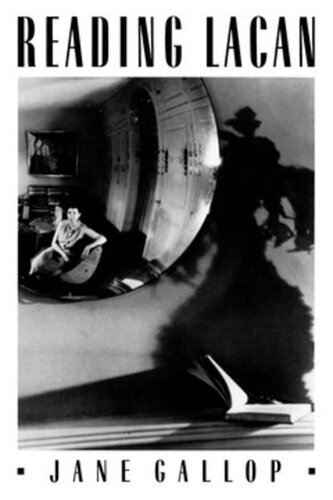

Most ebook files are in PDF format, so you can easily read them using various software such as Foxit Reader or directly on the Google Chrome browser.
Some ebook files are released by publishers in other formats such as .awz, .mobi, .epub, .fb2, etc. You may need to install specific software to read these formats on mobile/PC, such as Calibre.
Please read the tutorial at this link: https://ebookbell.com/faq
We offer FREE conversion to the popular formats you request; however, this may take some time. Therefore, right after payment, please email us, and we will try to provide the service as quickly as possible.
For some exceptional file formats or broken links (if any), please refrain from opening any disputes. Instead, email us first, and we will try to assist within a maximum of 6 hours.
EbookBell Team

4.1
20 reviewsThe influence of the French psychoanalyst Jacques Lacan has extended into nearly every field of the humanities and social sciences—from literature and film studies to anthropology and social work. yet Lacan's major text, Ecrits, continues to perplex and even baffle its readers. In Reading Lacan, Jane Gallop offers a novel approach to Lacan's work based on his own theories of language.
Lacan locates truth in the letter rather than in the spirit-in the ways statements are expressed rather than in their intended meaning. Gallop here grapples with six of Lacan's essays from Ecrits: "The Seminar on 'The Purloined Letter,' " "The Mirror Stage," "The Freudian Thing,'' "The Agency of the Letter in the Unconscious,'' "The Signification of the Phallus," and "The Subversion of the Subject." While other commentators have chosen not to confront Lacan's notoriously problematic style in their discussions of his ideas, Gallop addresses herself directly to the problem and the practice of reading Lacan. She takes her direction from Lacan's view of subjectivity and offers a deeply personal, feminist reading of Ecrits. Concentrating on the relation of desire and interpretation, she opens up the rich implications of Lacan's thought, for psychoanalytic theory, for the act of reading, and for knowledge itself.
Forceful and revealing, yet utterly candid about its own areas of uncertainty, Gallop's book will be indispensable to readers of Lacan and to scholars and students who have felt his impact.